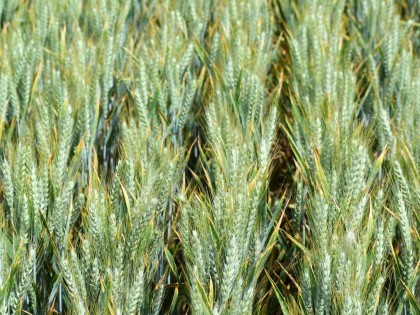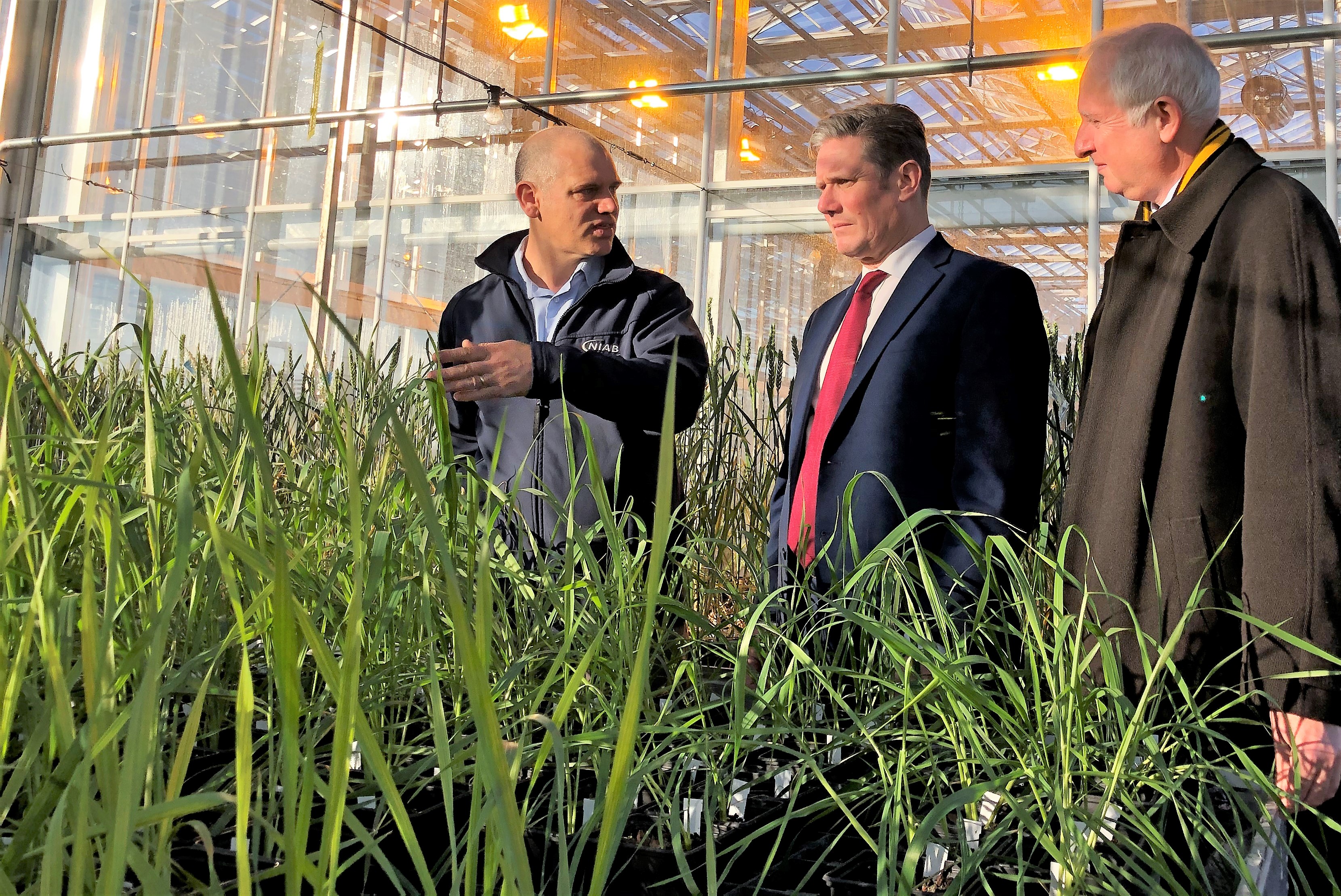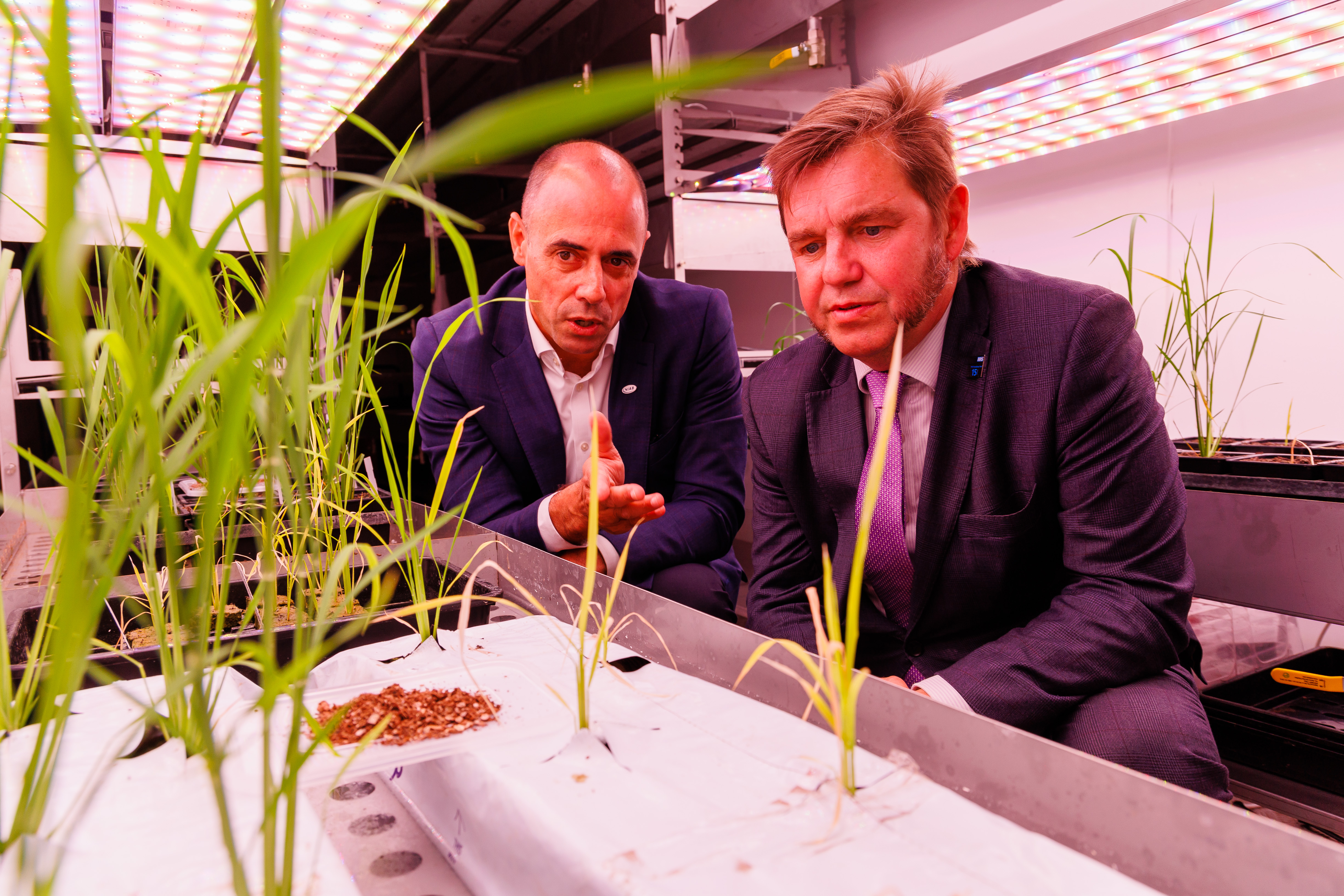
The 2024 harvest might come to be the poorest in a generation. Current forecasts predict a 20% reduction in UK wheat production. This dents the Government’s ambition to maintain food production, one of the three objectives set by Defra’s Farming and Countryside programme.
The National Audit Office, a public body that examines taxpayer-funded investments, has already raised questions about Defra’s progress its objectives. The 2024 harvest results only confirm these concerns.
The same report asked whether we have the data needed to assess the impact and effectiveness of Defra’s schemes. Without baselines and robust metrics, we lack the tools to monitor progress. This severely limits our ability to adjust our trajectory and respond to factors beyond our control, which are bound to happen.
Adding to this year’s poor cereal harvest results, the decline in the UK’s self-sufficiency in vegetable oils is another example of the deterioration of food crop productivity. British vegetable oil production has halved in the past decade, and now accounts for just 20% of domestic demand. This is a direct consequence of the loss of effective neonicotinoid crop protection chemistry to manage pests such as cabbage stem flea beetle.
The success of oilseed rape, fuelled by genetic advancements, resulted in a significant increase in the area grown in the UK from the early 1980s onwards. It was the nation’s break crop of choice. However, it has now almost vanished. The decline of this important flowering crop, caused by policy-makers withdrawing neonics, is paradoxically expected to have a negative impact on the pollinating insects they were seeking to protect.
 Defra minister Daniel Ziechner, pictured here on a visit to Niab in 2019 with Prime Minister Sir Keir Starmer and Niab’s Dr Phil Howell, has confirmed the secondary legislation needed for the implementation of the Precision Breeding Act will be introduced.
Defra minister Daniel Ziechner, pictured here on a visit to Niab in 2019 with Prime Minister Sir Keir Starmer and Niab’s Dr Phil Howell, has confirmed the secondary legislation needed for the implementation of the Precision Breeding Act will be introduced.
Adverse weather and the reduction of crop protection products are also responsible for the steady decline in the British potato crop. The harvest in 2023 ranked as one of the smallest since 2003, coming second only to 2012, which experienced severe flooding. More concerning is the consistent downward trend with fewer hectares planted year-on-year.
With the shift to regenerative practices in UK agriculture supported by the Sustainable Farming Incentive (SFI), it is crucial to assess whether we are adequately enhancing farm-level productivity and protecting domestic food production levels. The Autumn edition of Niab Landmark discusses the new SFI actions and the opportunities they bring.
We can only supplement a reduction in domestic food production by importing more. Relying on global markets not only has adverse economic implications but is also directly at odds with the Government’s commitment that ‘food security is national security’.
In an increasingly unstable world, recovering from a global pandemic and facing the triple shock of war, spiralling energy costs and extreme climate events, we must be cautious about pursuing agricultural policies which reward farmers to adopt lower-yielding practices, or to take farmland out of production altogether.
At the very least, we must properly monitor and understand the impact of those policies in terms of productivity and domestic food output.
The good news is that we have today tools at our disposal to help ensure not only that food production can keep pace with the needs of a growing population, but also that the impact on the environment can be reduced over time.
 Combined Peterborough and Cambridge Authority Mayor Dr Nik Johnson toured Niab’s Cambridge Park Farm facilities in September 2024 with CEO Mario Caccamo, including the new vertical farming unit. Over the past five years, Niab has invested £3.5 million of funding from the CPCA in facilities, laboratories and glasshouses, to help support small and start-up-companies specialising in cutting-edge agritech areas like plant genetics, pest management, soil health, AI, and farm robotics.
Combined Peterborough and Cambridge Authority Mayor Dr Nik Johnson toured Niab’s Cambridge Park Farm facilities in September 2024 with CEO Mario Caccamo, including the new vertical farming unit. Over the past five years, Niab has invested £3.5 million of funding from the CPCA in facilities, laboratories and glasshouses, to help support small and start-up-companies specialising in cutting-edge agritech areas like plant genetics, pest management, soil health, AI, and farm robotics.
In the UK, advances in crop genetics, precision engineering and smart agronomy are all helping to improve farming efficiencies and productivity while reducing agriculture’s environmental impact.
The Centre for Ecology and Hydrology (CEH) released a report in October 2023, stating that there have been significant long-term improvements in invertebrate biodiversity in rivers across all regions of England since 1989. These improvements are noticeable in different types of landscapes, such as upland, lowland, rural, urban, and areas with varying levels of arable farming. This is a good indicator of improvements in both soil and water quality, and certainly not the collapse in aquatic life depicted by some.
In England we also can take the lead in Europe by bringing to market the benefits of new genetic technologies such as gene editing. The recent announcement by Defra food security minister Daniel Zeichner is welcomed in this context. He confirmed that the secondary legislation needed for the implementation of the Precision Breeding Act will be introduced as soon as Parliamentary time allows.
New genetics technology will play a central role in the future of agriculture. A study by the Humboldt Forum for Food and Agriculture Research in 2021 emphasises the vital contribution of genetics in enhancing farm-level productivity over time. The study found that without new crop varieties from 2000 to 2020, UK crop yields would be 19% lower and that, to meet food demands, an extra 1.8 million hectares of land would be required, leading to over 300 million tonnes of additional greenhouse gas emissions.
Of course, we could be making even faster progress with greater access to improved genetic technologies. Progressive legislation such the Precision Breeding Act will be required to accelerate the deployment of new technologies. It is time to reap the benefits of the taxpayers’ investment in discovery science.
The need to speed up change is urgent. In a recent article, Graham Brookes, a UK agricultural economist, observes that GM crop adoption globally has increased food production by almost 1 billion tonnes (1996-2020). Additionally, it has reduced the environmental impact of pesticide use by over 17% and carbon emissions by 39.1 billion kg, equivalent to removing 25.9 million cars from the roads.
Indeed, a growing body of peer-reviewed scientific literature now confirms the demonstrable environmental benefits of GM crops, yet British growers currently cannot access these transformative technologies.
Niab CEO Mario Caccamo spoke at a 2024 Labour Party Conference fringe event on plant-based innovation and economic growth, alongside NFU President Tom Bradshaw, AgriTechE Director Belinda Clarke OBE and Dr Richard Harrison, Managing Director of the Plant Sciences Group at Wageningen University in The Netherlands.
At Niab we pioneer the use of technology and science-based innovation to promote farming productivity. One example is the work we do as global leaders in promoting seed testing uniformity world wide. In July we celebrated in Cambridge the centenary of the International Seed Testing Association (ISTA) which was founded in 1924 and initially chaired by Niab’s founder Sir Lawrence Weaver.
In response to claims advocating for a shift to agroecological farming practices, I argue that our focus should be on enhancing access to innovative farming technologies to improve productivity, rather than changing course.
This article originally appeared in the Autumn 2024 edition of Niab’s Landmark magazine. Landmark features in-depth technical articles on all aspects of NIAB crop research, comment and advice. You can sign up for free and get Landmark delivered to your door or inbox:
